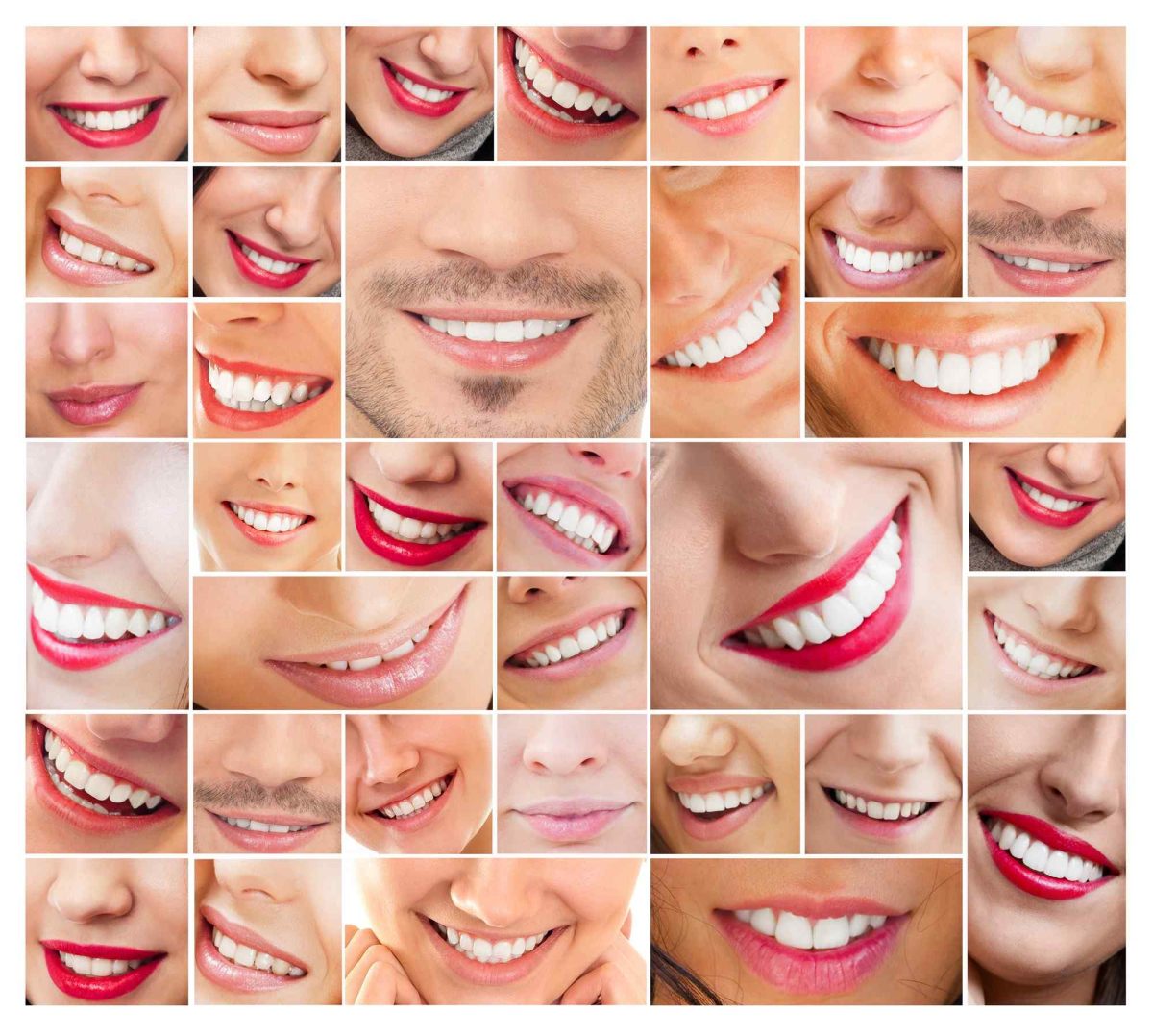Among the most popular dental aesthetic procedures is teeth whitening. There is
a lot of misinformation about the best ways to whiten teeth and probably some
interesting facts about it you might not know. When it comes to teeth whitening,
every patient has different whitening needs and goals. You might be looking to
address discoloration caused by your diet, while others are looking for that
bright, sparkling smile. In this article, we will cover both, so you can make an
informed decision about the treatment should you decide to try in-office
whitening.
FACT 1:
Teeth whitening will damage your enamel
Teeth whitening treatments are absolutely safe and do not harm the tooth
enamel unless the wrong proportions are used during the treatment. Teeth
whitening is a form of dentistry and should only be performed by a dentist,
dental hygienist or dental therapist.
FACT 2:
Teeth Whitening Makes Your Teeth Too Sensitive
One of the side effects of teeth whitening is increased sensitivity, but that is not
permanent. The whitening solutions will also probably cause some irritation to
your gums, and that is also temporary.
FACT 3:
Teeth Whitening Works for Everyone
It’s important to realize results will differ from person to person, some teeth
respond better than others, and some people naturally have whiter teeth to start
with. The cause of discoloration plays a huge role in determining if teeth
whitening will work for you or not. If the discoloration is caused by medication
or trauma, the possibility that they won’t whiten is very high. Also, brownish
teeth rarely whiten. Yellowish teeth respond to teeth whitening very well. Talk
to your dentist, and he will help you choose the right method for you if
whitening fails.
FACT 4:
Dental Crowns and Veneers Cannot Be Whitened
Teeth whitening only responds to natural teeth. Materials used to manufacture
the veneers and crowns barely respond to whitening products. If you have
Dental crowns or Dental veneers, consider that before going for whitening, not
to end up with a mismatched set of teeth.
FACT 5:
Teeth Have Pores. The reason why natural teeth respond to whitening and artificial ones don’t is
because natural teeth have pores that absorb the whitening solutions. The pores
are the reason why teeth get stained.
FACT 6:
Results are FOREVER!
As the saying goes nothing lasts forever, and this also applies to teeth
whitening. How long it lasts will depend on your oral hygiene, your diet, and
whether you smoke or not.



